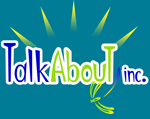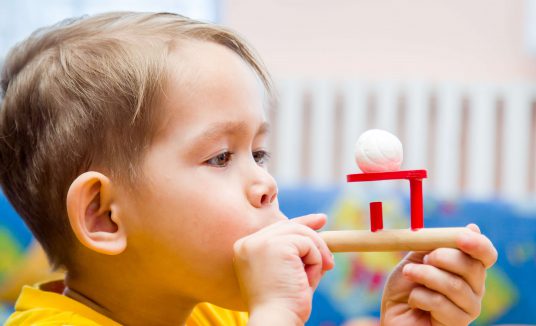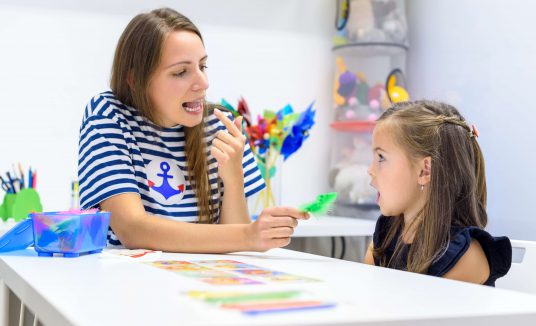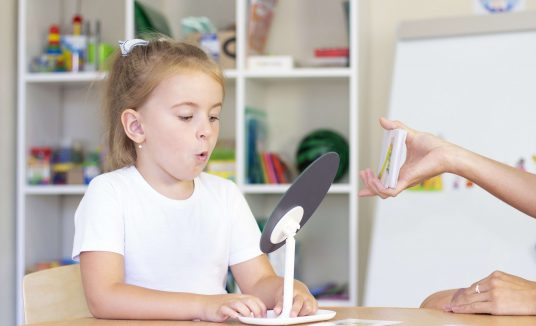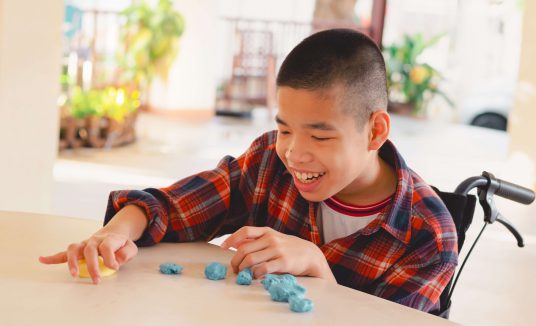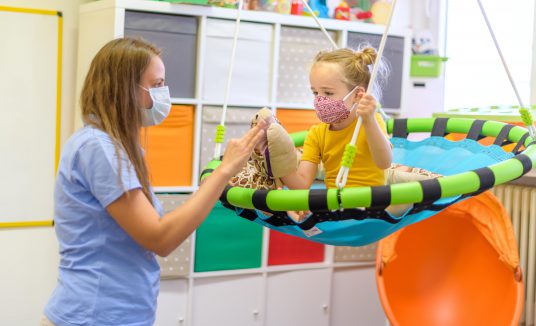It’s a measurement of how much we understand of a person’s speech. It’s typically dictated by articulation, phonology, and voice.Read More
It is the mechanical production of speech sounds, such as putting one’s tongue, or jaw in the correct position, or moving your tongue in aRead More
Phonology is how we put sounds in order to form words. Generally, if your child says something, and you have no idea what they wereRead More
CAS is a motor planning disorder, which causes low intelligibility. This condition occurs when the body has difficulty coordinating fast and precise movements of theRead More
Everyone has difficulty with fluency sometimes, Fluency Disorders occur when a person demonstrates more uncontrolled repetition, prolongations, or blocks (unable to speak), than normal. TheseRead More
Voice refers the volume, rate, pitch and intonation of speech. If our speech is too quiet, or to fast, it may be difficult to understand.Read More
Language is how we both understand and express ourselves to others. Receptive Language refers to our understanding of others. There are a multitude of skillsRead More
APDs occur when a person is able to hear, but does not appear to comprehend language. APD is a complex disorder and may require aRead More
AAC refers to the use of symbol systems other than speech to communicate. Nearly anyone can use AAC, from children who have never developed verbal/vocalRead More
Autism, or autism spectrum disorder (ASD), refers to a broad range of conditions characterized by challenges with social skills, repetitive behaviors, and difficulty with sensoryRead More
FAS is a result of the mother’s consumption of alcohol during pregnancy. It includes a wide range of possible cognitive and physical symptoms that areRead More
Dysarthria is a speech disorder caused by muscle weakness, secondary to a wide range of disorders, injuries, or syndromes. It may result in slow, slurredRead More
Fine Motor Skills involve using the small muscles of the hand, wrist, and fingers for functional purposes, oftentimes manipulation of objects such as pencils, scissors,Read More
Sensory integration is using information from all of our sensory systems (sight, smell, touch, taste, auditory, and three extra sense: vestibular, proprioception, and introception) organizingRead More
Self Care/ADLs include tasks that we have to do every day in order to take care of ourselves: dressing, bathing, feeding, eating, grooming, hygiene, toileting.Read More
Contact us
We are always glad to address any questions that you might come up with. Please be sure to get in touch with us should you want to inquire about anything!
![]() The information submitted on this form is not encrypted
The information submitted on this form is not encrypted
For schedule changes, please contact our office directly at (907) 452-4517.
